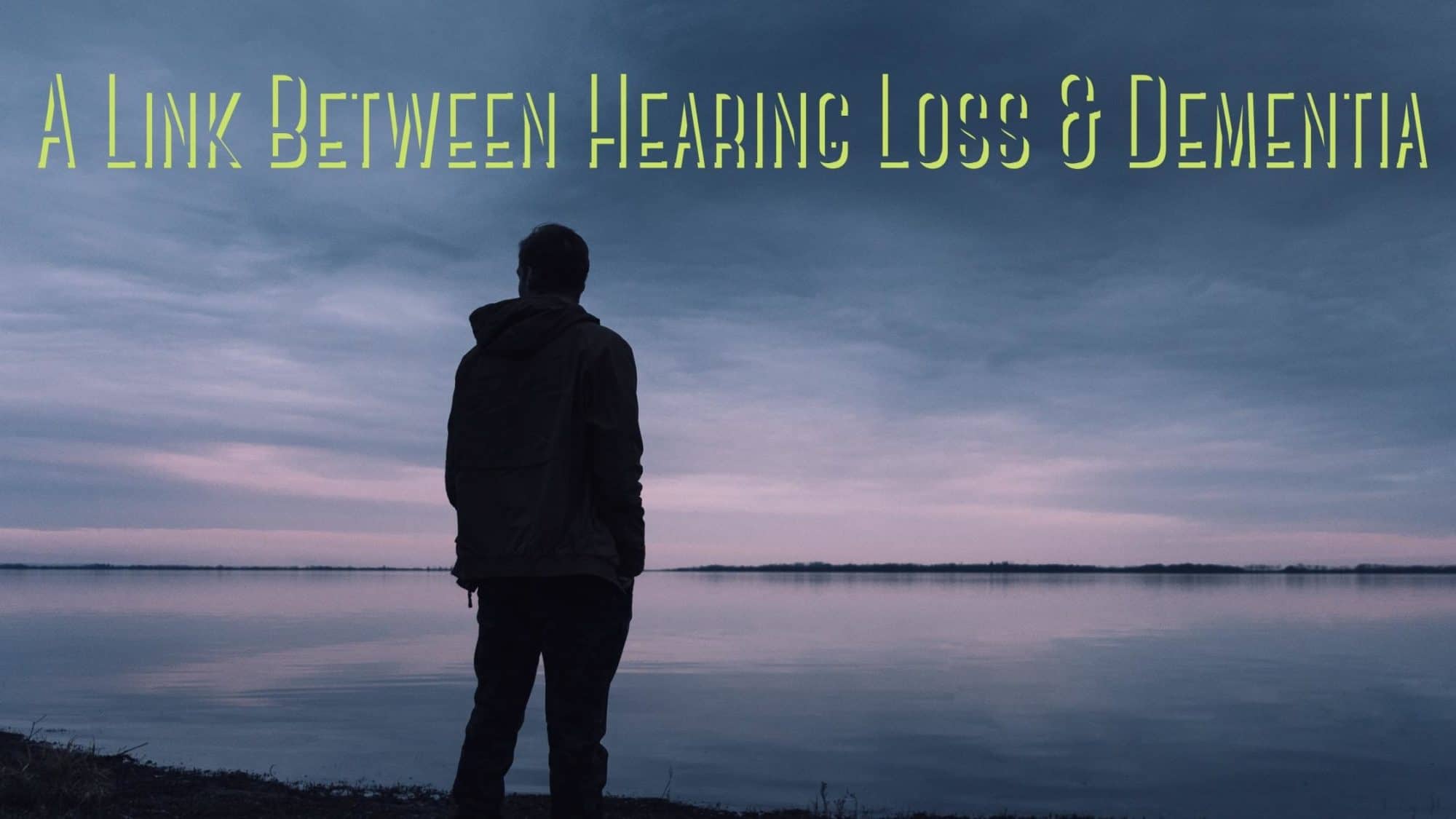- Volunteering for Hearing Health Causes - May 27, 2025
- Questions to Ask During Your Hearing Health Appointment - May 16, 2025
- Exploring Alternative Therapies for Hearing Loss - May 6, 2025
A recent report from the Lancet Commision on dementia prevention, intervention and care, hearing loss is listed as the largest single risk factor for developing dementia. While we know that hearing loss can impact other health outcomes, there is reason to take note of the documented, strong link between hearing loss and dementia.
Johns Hopkins reports that people with mild, untreated hearing loss are at twice the risk for dementia. People with moderate, untreated hearing loss are at three times the risk and those with severe, untreated hearing loss are five times as likely.
Hearing happens in the brain
There are many theories as to why dementia and hearing loss are so strongly linked. What we can agree on is that much of our hearing actually happens in the brain. While the ear is the receptor tool responsible for catching sound information, our language processing is all a brain exercise. While the brain remains a mystery in some ways, scientists have made incredible strides in learning how the brain functions.
One of the great discoveries of the recent past is that our brains are malleable. More specifically, we now know about neuroplasticity, in which our brains adapt and grow to suit the needs of our lives over time.
The brain after hearing loss
When people with hearing loss begin to get less sound information sent to the brain, that area of the brain becomes dormant and may even restructure itself to adapt to the loss of language processing.
The personal impact of hearing loss
Beyond the impact of hearing loss in our brains, there’s a chance that hearing loss is also shaping your behaviors. Because hearing loss can make conversations and socializing particularly difficult, people with this condition begin to avoid social situations. It’s an extremely natural reaction, particularly as an activity as revitalizing as connecting with others now feels effortful and might even leave you exhausted.
People experiencing trouble hearing might find their appetite for new or community based activities begin to wane, too. Difficulty following verbal instructions would make it less likely that you show up for that interesting new yoga class or art class.
Conversations and activities help our brains
What’s frustrating is that experts in Alzheimer’s and dementia all recommend that people growing older do the exact opposite of what folks with hearing loss naturally do. Instead of isolating, these experts recommend that we maintain our social habits and perhaps even expand them. Conversation and interaction with others keeps our brains active and thus, is a great prevention for dementia. Another proven guard against dementia is learning new activities.
Really, our brains are a muscle just as any other in our body and we must exercise it just as regularly. And while verbal conversations and instructions are more difficult with hearing loss, there are ways to adapt and strategies to use to make this less so. You can consult an audiologist to learn more about hearing aids. There are also infinite resources that provide tips and tricks for living with hearing loss, and support groups exist locally and online just waiting for you to join.
Use the tools we have to fight dementia
Of course the silver lining of these findings strongly connecting hearing loss and dementia means that we can act swiftly when hearing loss first makes its presence known. If there is an unconscious pull towards isolation, you can take real steps to combat it and maintain your social calendar.
You might also begin to think about investing in hearing aids as treatment for hearing loss. When retired Army colonel Robert Anderson was diagnosed with hearing loss and dementia, he and his wife decided to try out hearing aids as part of his treatment. Before, Anderson had become withdrawn from both his wife and also various social activities that he used to participate in. After the introduction of hearing aids, things are a bit more back to normal. Anderson engages in conversations again and he feels significantly better.
Get a hearing test and learn more
Better hearing health always starts with a hearing test. Our team will work with you to help you interpret your results and find options for your treatment. Everyone’s path towards better hearing will be different, but we can make it an easier journey and guide you towards the best hearing outcome. Contact us today to schedule an appointment!

